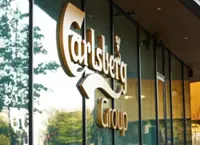INVESTORS should consider investing in companies listed on the two new carbon indices on Bursa Malaysia as they serve as tools in the management of regulatory and other risks.
They are also tools for the management of environmental, social and governance (ESG) and climate risk exposure as well as benchmarking and product development.





